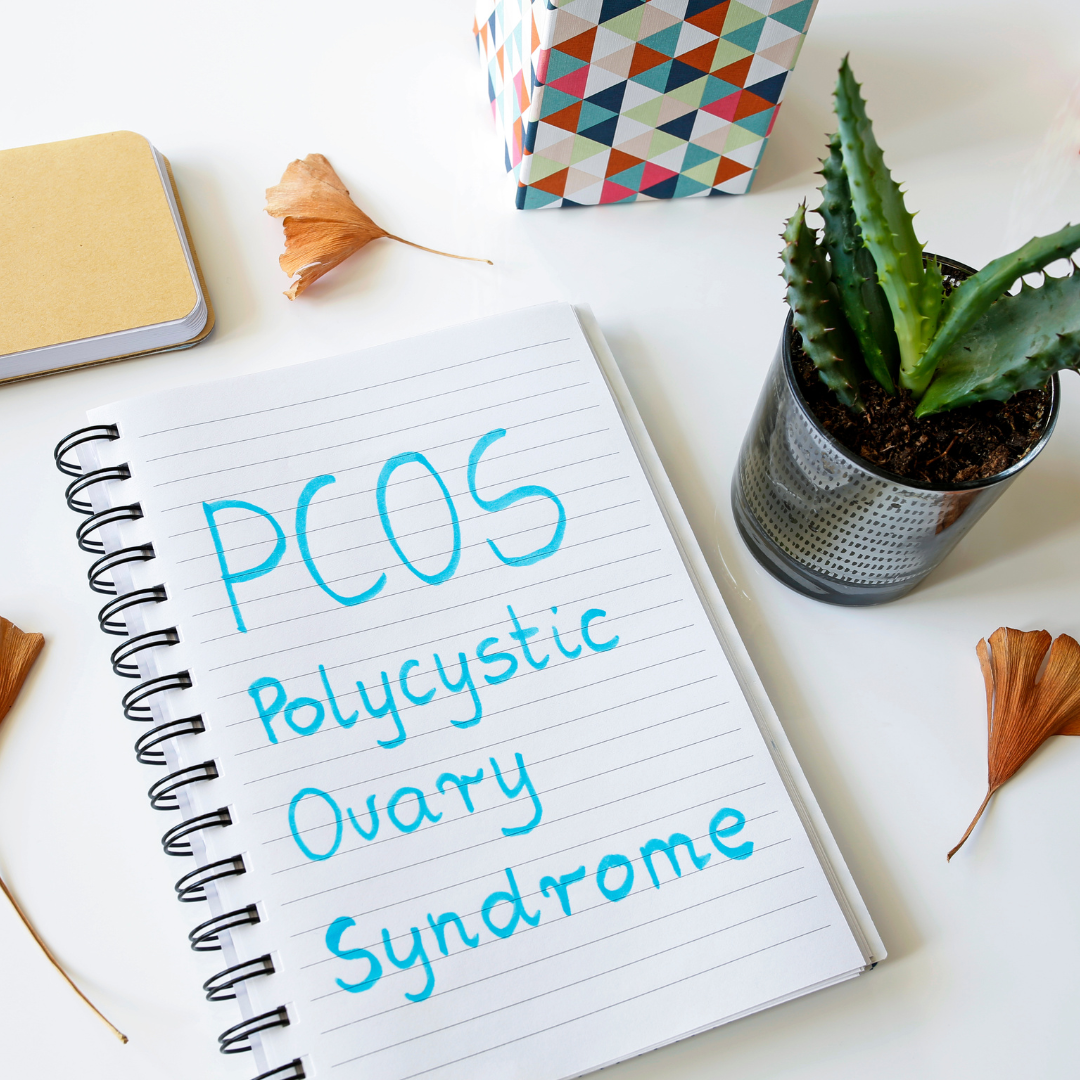Polycystic Ovary Syndrome (PCOS), also known as Polycystic Ovary Disorder (PCOD), is a common hormonal disorder among women of reproductive age. Despite its prevalence, there still exists a lot of confusion and misinformation surrounding this condition. As a Gynaecologist with years of experience in treating PCOD, I believe it is crucial to provide accurate information to empower women to manage their health effectively. In this comprehensive guide, we will delve into what PCOD is, its symptoms, causes, diagnosis, and treatment options.
What is PCOD?
PCOD is a hormonal disorder that affects women during their reproductive years. It is characterized by the presence of multiple cysts in the ovaries, irregular menstrual cycles, and elevated levels of androgens (male hormones) in the body. These hormonal imbalances can lead to a range of symptoms affecting various systems in the body, including the reproductive, metabolic, and cardiovascular systems.
Symptoms of PCOD:
The symptoms of PCOD can vary greatly among women and may include:
1. Irregular menstrual cycles or absence of menstruation
2. Excessive hair growth on the face, chest, or back (hirsutism)
3. Acne
4. Weight gain or difficulty losing weight
5. Hair thinning or hair loss
6. Darkening of the skin, particularly in the neck creases, groin, and underneath breasts (acanthosis nigricans)
7. Difficulty getting pregnant (infertility)
8. Mood swings and depression
Causes of PCOD:
The exact cause of PCOD is not fully understood, but it is believed to be influenced by a combination of genetic, hormonal, and environmental factors. Insulin resistance, in which the body’s cells do not respond effectively to insulin, is thought to play a significant role in the development of PCOD. This can lead to elevated insulin levels, which in turn can increase androgen production by the ovaries, leading to hormonal imbalances.
Diagnosis of PCOD:
Diagnosing PCOD involves a combination of medical history, physical examination, and various tests, including:
1. Medical history:Your doctor will ask about your menstrual cycles, symptoms, and any family history of PCOD or other hormonal disorders.
2. Physical examination: This may include checking for signs of hirsutism, acne, and signs of insulin resistance such as acanthosis nigricans.
3. Blood tests: These may include hormone tests to measure levels of hormones such as testosterone, luteinizing hormone (LH), follicle-stimulating hormone (FSH), and insulin.
4. Ultrasound: A pelvic ultrasound may be performed to visualize the ovaries and check for the presence of cysts.
Treatment Options for PCOD:
While PCOD cannot be cured, its symptoms can be effectively managed through a combination of lifestyle changes and medical treatments. Treatment options may include:
1. Lifestyle modifications: This may include regular exercise, a healthy diet, weight management, and stress reduction techniques.
2. Medications: Hormonal contraceptives, such as birth control pills, can help regulate menstrual cycles and reduce androgen levels. Other medications, such as metformin, may be prescribed to help improve insulin sensitivity.
3. Fertility treatments: For women trying to conceive, fertility medications such as clomiphene or assisted reproductive technologies like in vitro fertilization (IVF) may be recommended.
4. Management of symptoms: Additional treatments may be prescribed to manage specific symptoms such as acne, hirsutism, or hair loss.
Conclusion:
PCOD is a common hormonal disorder that affects many women worldwide. While it can be challenging to live with, with the right treatment and support, women with PCOD can lead healthy and fulfilling lives. If you suspect you may have PCOD or are experiencing symptoms of the condition, it is essential to consult with a qualified Gynaecologist near you, for an accurate diagnosis and personalized treatment plan. Remember, knowledge is power, and by understanding PCOD, you can take control of your health and well-being.
For more information or to schedule a consultation with Gynaecologist , please contact our clinic today.
![]()
HealWell Speciality Clinic
Shop 24, 1st floor, Dosti Imperia, Manpada, Ghodbunder road, Thane West.
Phone Number: 8169104438/022-31779750
Mail us at: info@healwellspeciality.com
For more informative Blogs: www.healwellspeciality.com

